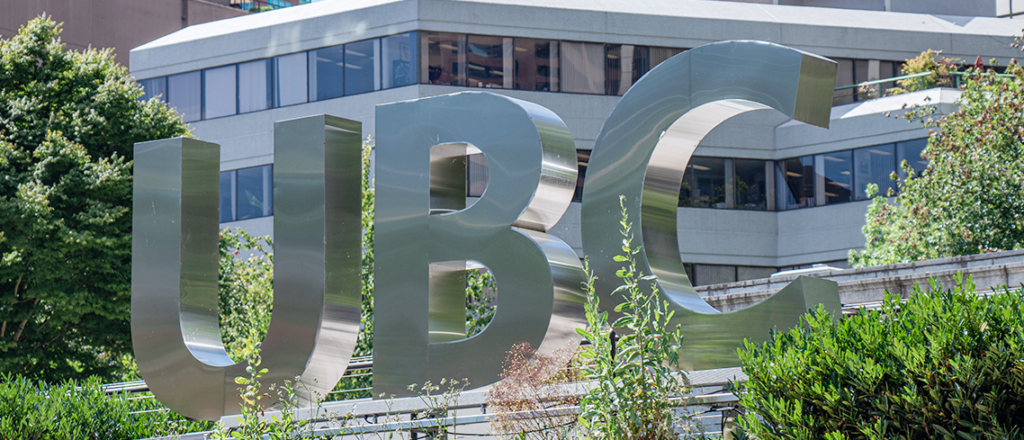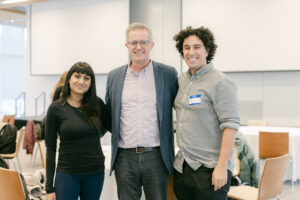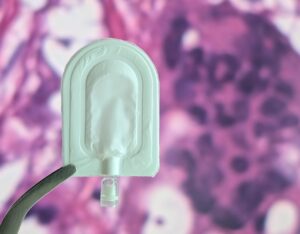
JDRF is the leading charitable funder of research into type 1 diabetes in Canada, with a focus on research that will help improve lives today, and lead to disease prevention and cures

JDRF Canada is pleased to announce continued support for University of British Columbia Researcher Dr. Bruce Verchere, the head of the Diabetes Research Program at the Child & Family Research Institute. Verchere and his team are exploring ways to regenerate the pancreatic insulin-producing beta cells that are subject to immune attack in type 1 diabetes (T1D).
Verchere’s lab investigates how certain types of white blood cells known as macrophages might be involved in activating the immune system. Macrophages are often called the ‘garbage eaters’ of the body, as they eat dead cells and bacteria in order to remove them safely. Research has also shown that these macrophages are involved in tissue repair and wound healing. By drawing on this knowledge, Verchere plans to see whether macrophages can produce proteins that will stimulate the production of new beta cells or even improve the function of existing beta cells.
JDRF’s support will allow Verchere and his team to study how the islet macrophages respond to the death of neighboring insulin-producing beta cells. When faced with stressful situations, macrophages have the potential to release proteins that can regenerate beta cells. The team will closely examine the genes and proteins that are produced in response to the stress of the beta-cell death. By understanding the new genes and proteins made by islet macrophages under these conditions the team hopes to identify new therapeutic pathways to stimulate beta cell regeneration – and uncover new avenues to cure T1D.
The team will stress human islets in the lab and identify the genes that are subsequently expressed in islet macrophages. The goal of this simulated stress will be to see which of the produced proteins can stimulate new beta cell formation or enhance beta cell function. Think of the initial beta-cell death as a trigger. This trigger then activates the neighboring islet macrophage to express, or turn on, specific genes. The macrophage machinery then produces, or pumps out, new proteins that can stimulate the production of new beta cells.
The 2-year $300,000 USD JDRF grant will support the team as they aim to identify a list of genes that can potentially stimulate human beta-cell regeneration. The team will also test out some of the lead candidate proteins that are produced by these genes. Ultimately the researchers plan to identify a list of proteins that can one day be used to develop new beta-cell therapies in T1D.
Thank you to our donors for supporting JDRF Canada. It is because of your generosity that JDRF can fund this exciting work and help us get closer to our goal of turning type one into type none.



